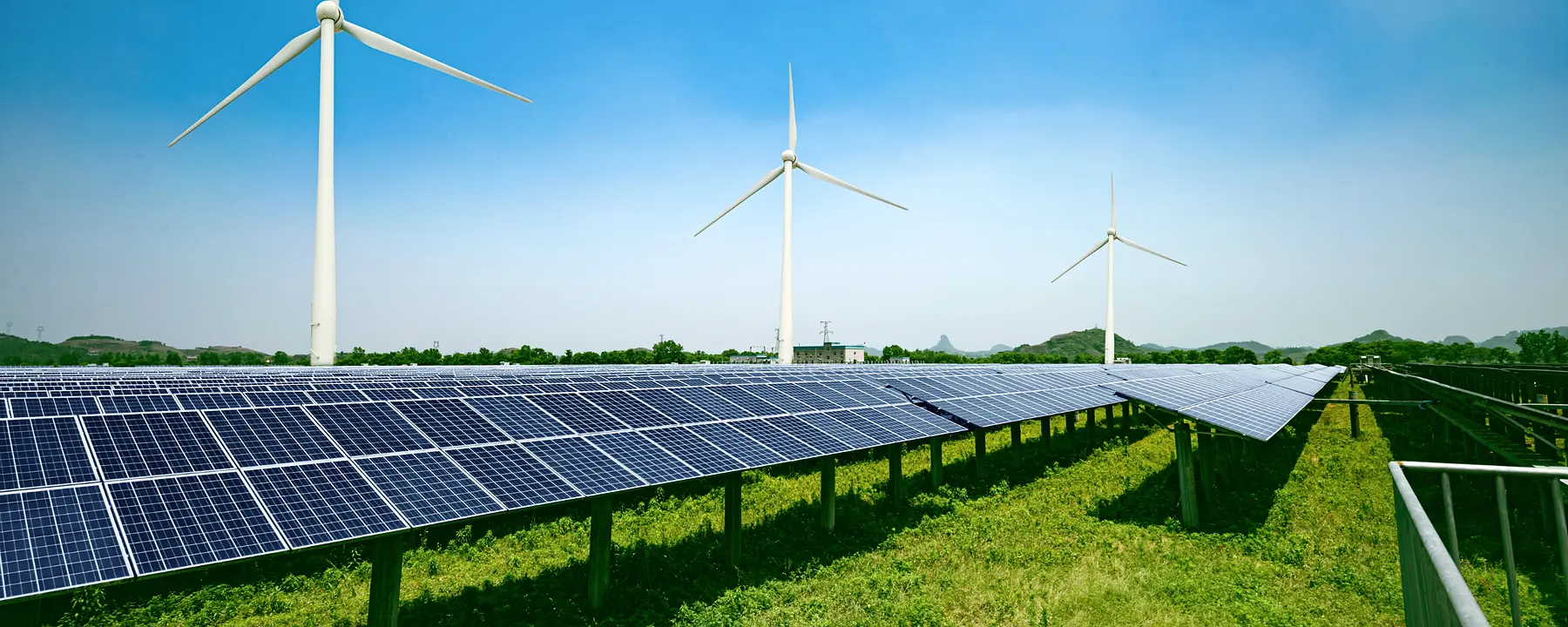Developing legal and regulatory frameworks for competitive energy markets and renewable energy development in Eastern Europe and Eurasia
During the past two decades, several Eastern European and Eurasian countries underwent structural political and economic reforms to align with market-oriented European Union (EU) standards in hopes of becoming eligible for membership in the EU. The EU, which recognizes energy as a high-priority economic sector, required these countries to grow their renewable energy generation and increase privatization of energy supply chains.
Implementing these policies presented serious challenges to former Soviet bloc countries that traditionally had state-owned energy sectors. Most notably, they needed to reform energy laws and regulations to create fair and competitive markets in which private developers and consumers could play active roles in electricity generation, pricing, distribution, and use. Solving these challenges was vital in order for these states to integrate effectively into the low-carbon energy future of the EU and not be left behind.
These countries faced a unique opportunity to develop and install alternative clean energy technology that would both alleviate poverty and promote economic growth while reducing dependence on high-emission energy sources.
To meet these challenges, RTI International implemented the U.S. Agency for International Development (USAID)-funded Enhancing Capacity for Low Emission Development Strategies (EC-LEDS) program. The program worked in Albania, Armenia, Azerbaijan, Kosovo, Macedonia, Moldova, Serbia, and Ukraine. We worked to develop the international and regional laws, regulations, and rules to realize investments and implement market-driven energy infrastructure, sustainable practices, and viable clean energy solutions to meet EU standards.
Developing regional energy markets to increase investment and enhance cross-border trade
We worked with countries that shared similar goals of shifting electricity generation and delivery from public monopolies into more competitive and robust market models. We worked to amend power sector laws, develop market rules, and promote new energy laws to align with the EU Third Energy Package in the power and gas markets. Collectively, we helped draft and finalize 58 pieces of energy legislation that country parliaments adopted.
In addition to stabilizing national grid systems to be more efficient and reliable, we helped increase cross-border trade. Trading electricity across borders helps countries meet periods of high electricity demand by drawing upon the excess electricity generation of another country. Each country gains energy reliability and climate resilience while expanding opportunities for job growth in the renewable energy industry and the expansion of energy supply chains. Cross-border trade efforts between Albania and Kosovo and between Armenia and Georgia resulted in breakthrough legislation. These achievements gave stakeholders clear agendas and targets for near- and medium-term planning, which set the stage for market certainty in power exchange infrastructure.
Procuring private investment was another key element to the EC-LEDS program and was a major part of making competitive energy markets sustainable by attaching incentives to energy efficiency and quality consumer service. We enhanced investment opportunities between public and private entities by developing policies that promoted investor-friendly tools such as market rules to uphold third-party participation, electricity tariff pricing laws, developer licensing, and power purchase agreement templates. To supplement legislative goals, we strengthened the financial transaction capabilities of stakeholders to ensure each party thoroughly understood best practices and to streamline business processes.
As a result, in Armenia, our team drafted two pieces of legislation that were adopted in July 2017 and March 2018, respectively. In Albania, the Energy Regulatory Authority approved the final regulation on new investment for licensees in the power sector. Private energy developers and producers depend on such legislation when making decisions to build and operate certain types of power plants. Creating uniform rules and clear legal procedures that allow companies to sell their power at the best price, both for them and the customer, is essential for any energy market to succeed.
Reducing greenhouse gas (GHG) emissions through a diversified energy supply
To enhance the rate of renewable power investment and integration, we supported emergency energy planning and the integration of renewable generation sources with financing mechanisms and innovative technologies—such as smart grids and net metering—to enhance clean energy use, effectiveness, and sales cycles.
In Moldova, we helped design the Emergency Action Plan for the national power market and amendments to the energy law, which were adopted and signed into law in 2017 and 2018, respectively. These achievements represented major steps forward in defining renewable generation targets and promoting robust participation among private renewable energy developers in electricity generation and distribution.
In addition, our team supported a private enterprise in Kosovo to procure and make financially viable commercial-scale solar photovoltaic (PV) generation to meet cost savings and efficiency needs. Through these efforts, we not only identified cost-saving strategies for companies but also created a blueprint to implement commercial-scale solar systems that allowed businesses to increase revenue by producing electricity and reducing their reliance on fossil fuels.
Building capacity of host government institutions to prepare and implement low-emission development strategies
Our experts worked closely with government institutions to include efficient technologies and practices into power sector laws and energy strategies. This assistance improved the legal and regulatory basis for national and municipal entities to implement low-emission development strategies with the support of private market actors and consumers. Most notably, we drafted a 15-year energy policy strategy for Albania that promotes competitive markets for electricity producers and suppliers and accommodates cross-border trade. The strategy was formally adopted by the Albanian government in March 2018.
Our team also built host government institutions’ capacity to independently draft and enforce high-level policy concepts for energy market development. In Armenia, our team supported the Public Services Regulatory Commission of Armenia to enforce transitional rules and regulations. Regulators have the obligation to procure electricity generation independently and allow fair third-party access to the grid. Strengthening the knowledge and capacities of these institutions to uphold market integrity is the linchpin to guaranteeing the future success and growth of competitive sustainable energy markets.
USAID’s EC-LEDS program significantly improved these countries’ ability to become full EU member states. It also defined a firm direction for regional energy policy and infrastructure that was better equipped to meet future needs for sustainable growth. Partner government and private institutions continue to promote integrated decision-making, planning, and implementation of key energy market elements that are fueling economic growth and climate resilience.
- U.S. Agency for International Development (USAID)

